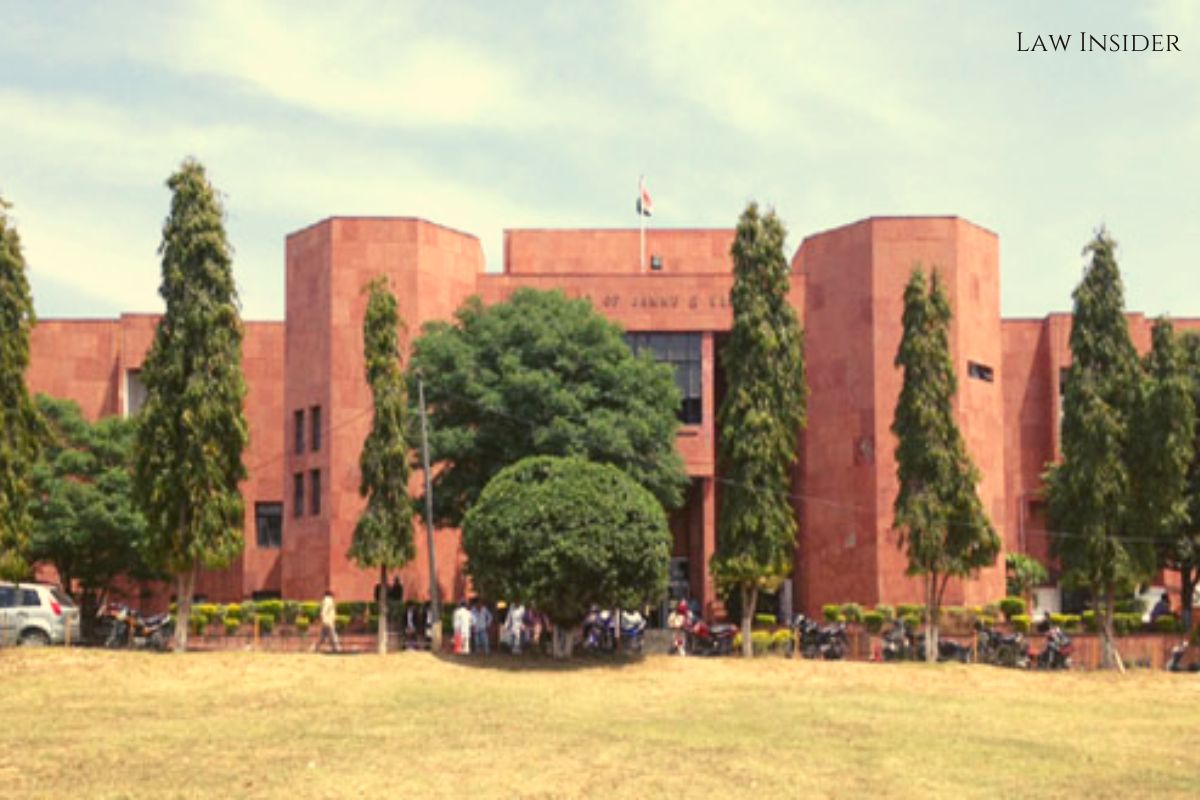Shivani Thakur
Published on: July 4, 2022 at 18:20 IST
The High Court of Jammu & Kashmir and Ladakh allowed the father and other family members of late Amir Magrey, one of the four persons killed in the Hyderpora encounter in a joint operation by police and security forces last year, to perform religious rituals/prayers at Wadder Payeen graveyard in Kashmir’s Budgam.
“Admittedly, Respondent no.1 and his family manifestly has been subjected to emotional and sentimental melancholy. Respondent no.1 and his family have been deprived by appellants of the right to perform last rites and rituals of deceased by the appellants admittedly without there being any policy/guideline, as such cannot be endorsed in law, in that, ours is a Welfare State acknowledged by the whole globe” the judgment stated.
It also stated that “The appellants herein also could not have overlooked the background of the family of respondent no.1 and his family’s role in fighting terrorism. The Writ Court having regard to the aforesaid position has rightly awarded the compensation to the respondent no.1 for such deprivation and the award of said compensation seemingly is appropriate,”
The Court was hearing an appeal from the Union Territory that contested a single judge’s judgement to order that Magrey’s body be excavated and given to his family for a proper burial along with religious rites and prayers at their home in Ramban, Jammu.
The Division Bench blocked the single judge’s order from going into force in June 2023, and Magrey’s father, Mohammad Latief Magrey, then appealed to the Supreme Court.
The Petitioner’s plea must be taken into consideration by the Jammu and Kashmir High Court within a week of the prayer to exhume the body being abandoned, according to the Supreme Court’s ruling in the case.
The Appellant government argued that the sole judge had erred in its approach to the disagreement and had failed to view the situation appropriately.
Appellants prima facie have acted unfairly inasmuch as unreasonably in this regard notwithstanding the allegation of appellants that person of deceased was a terrorist even if it may be assumed, as such, that the deceased relinquished his right to be buried after performance of last rites performed by his family members in accordance with the faith professed by him, yet the said right of burial and performance of last religious rituals of deceased available to respondent no.1 and his family members could not have been denied”, the Court observed in its .
The body would have already begun to decay, thus the Court declined to permit the family to open the casket and see the deceased’s face for the final time.
According to the Court, the Advocate General’s invitation to lead prayers at the Wadder Payeen cemetery is fair and reasonable given the particulars of the case.

